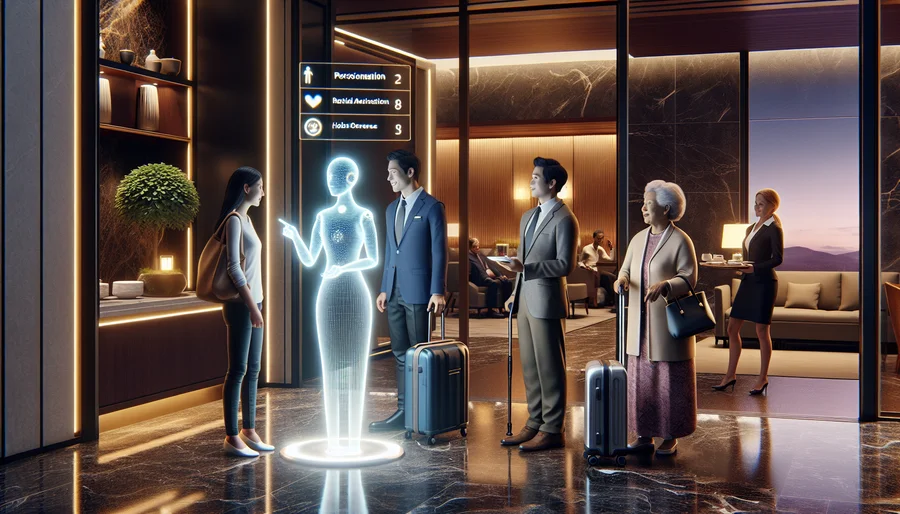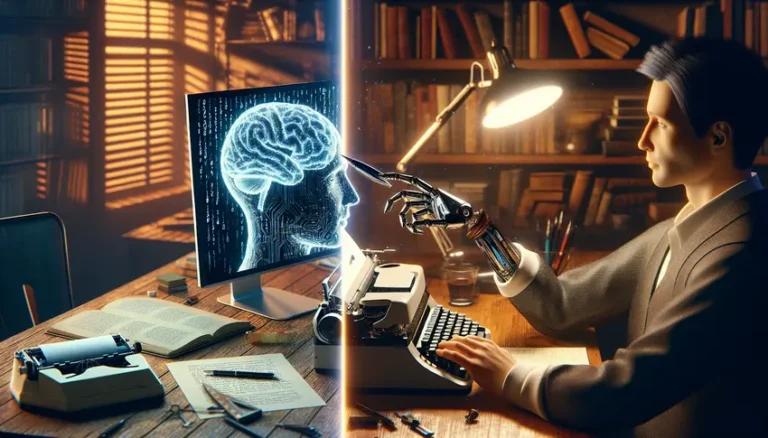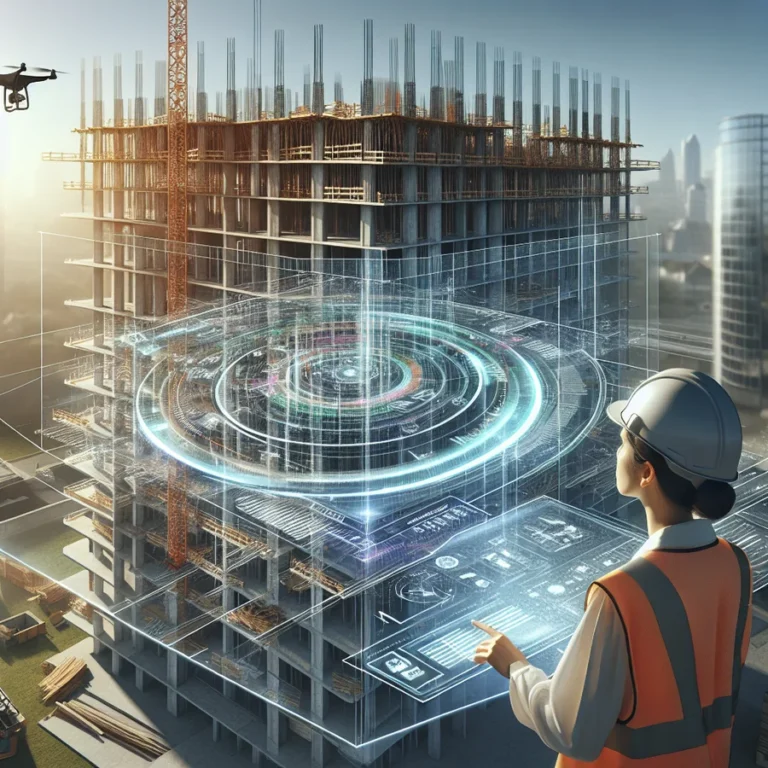AI in Hospitality: Enhancing Service and Personalizing Stays
The hospitality industry is all about creating memorable experiences. Today, AI in hospitality is revolutionizing how hotels and other businesses achieve this. By automating tasks, personalizing interactions, and providing valuable insights, AI is changing the game. This guide explores how AI enhances service and personalizes stays, creating happier guests and more efficient operations.
Are you ready to discover how AI in hospitality can transform your business? Keep reading to learn about real-world applications, benefits, and how to overcome implementation challenges.
Understanding the Role of AI in Hospitality
Artificial Intelligence (AI) refers to the ability of machines to mimic human intelligence. In hospitality, this means using technology to learn from data, interact with guests, make decisions, and automate processes.
Think of AI as a super-smart assistant that never sleeps. It can handle repetitive tasks, analyze vast amounts of data, and provide personalized recommendations, all while freeing up staff to focus on creating exceptional guest experiences.
Key AI Technologies Used in Hospitality
- Chatbots and Virtual Assistants: Providing 24/7 customer support and answering common questions.
- Predictive Analytics: Forecasting occupancy rates, guest preferences, and potential maintenance issues.
- Personalized Recommendations: Suggesting dining options, activities, and room upgrades based on guest history.
- Smart Room Technology: Automating lighting, temperature, and entertainment based on guest preferences.
Benefits of Implementing AI in Hospitality
Why are so many hotels embracing AI? Because it offers a wide range of benefits, from improving guest satisfaction to boosting the bottom line.
Here are some key advantages of using AI in hospitality:
- Enhanced Guest Experience: AI enables personalized interactions, faster service, and tailored recommendations.
- Increased Efficiency: Automating tasks reduces workload and improves operational efficiency.
- Cost Reduction: AI optimizes resource allocation, reduces energy consumption, and minimizes waste.
- Data-Driven Decision Making: AI provides valuable insights into guest behavior, market trends, and revenue opportunities.
Streamlining Operations with AI
AI can automate many routine tasks, freeing up staff to focus on more complex and engaging interactions with guests. This leads to improved efficiency and a better work environment for employees.
For example, AI-powered systems can handle check-ins and check-outs, answer frequently asked questions, and manage room service requests. This allows front desk staff to provide more personalized assistance and address unique guest needs. For more details, you can check out this guide on AI hospitality service.
How AI Personalizes the Guest Experience
Guests today expect personalized experiences. They want to feel valued and understood. AI in hospitality makes this possible by analyzing data and tailoring interactions to individual preferences.
Imagine a hotel that remembers your favorite room type, preferred temperature, and dietary restrictions. AI can make this a reality, creating a more comfortable and enjoyable stay.
Examples of AI-Powered Personalization
- Personalized Welcome Messages: Greeting guests by name and acknowledging their loyalty status.
- Customized Room Settings: Adjusting lighting, temperature, and entertainment based on past preferences.
- Tailored Recommendations: Suggesting dining options, activities, and spa treatments based on guest interests.
- Proactive Service: Anticipating guest needs and offering assistance before they even ask.
Real-World Applications of AI in Hotels
Many hotels are already using AI to enhance the guest experience and improve operations. Here are some compelling examples:
- Hilton’s “Connie” Robot: An AI-powered concierge that provides information on local attractions and hotel services.
- The Cosmopolitan of Las Vegas’s “Rose”: An AI chatbot that acts as a personal concierge, handling restaurant reservations and delivering amenities.
- Marriott’s AI Chatbots: Providing instant responses to guest inquiries on platforms like Facebook Messenger and Slack.
- InterContinental Hotels Group (IHG): Using AI to optimize energy use and reduce waste.
AI in Hospitality: Chatbots and Virtual Assistants
AI-powered chatbots and virtual assistants are transforming guest communication. They provide 24/7 instant support, handling reservations, answering common questions, and assisting with requests in real time.
These tools can significantly reduce the workload of front desk staff, allowing them to focus on more complex tasks and provide personalized assistance. Learn more about how AI chatbots enhance customer service.
Overcoming Challenges in Implementing AI
While AI offers many benefits, implementing it in hospitality can present challenges. It’s important to be aware of these challenges and have a plan to address them.
Some common challenges include:
- Data Privacy Concerns: Protecting guest data and complying with privacy regulations.
- Initial Investment Costs: Purchasing hardware, software, and training staff.
- System Integration: Integrating AI platforms with existing property management systems (PMS).
- Workforce Anxiety: Addressing concerns about job displacement and providing training for new roles.
Data Privacy and Guest Consent
Implementing AI involves managing vast amounts of guest data, raising important privacy considerations. Hotels must comply with data protection regulations, ensuring transparent communication about data usage, securing explicit guest consent, and employing stringent security measures to protect sensitive guest information.
Clear privacy policies and robust data security protocols are essential to mitigate privacy concerns and maintain guest trust. You might also want to consider DeepSeek’s data privacy policies for reference.
The Future of AI in Hospitality
The use of AI in hospitality is only going to increase in the future. We can expect to see even more innovative applications in areas such as facial recognition, voice assistants, and predictive analytics.
Hotels that proactively invest in AI technologies will be well-positioned for future success. By understanding both the benefits and challenges, hoteliers can make informed decisions, harnessing AI’s potential to drive sustained growth and exceptional guest experiences. For further reading, explore how AI is used in DeepSeek Smart Cities which share overlapping tech.
Reminder: AI is not meant to replace human interaction, but rather to enhance it. The most successful hotels will be those that find the right balance between technology and the human touch.
Conclusion
AI in hospitality is revolutionizing the industry, offering unprecedented opportunities to enhance service, personalize stays, and improve operational efficiency. From AI-powered chatbots to smart room technology, the possibilities are endless.
By embracing AI and addressing the associated challenges, hotels can create exceptional guest experiences, boost their bottom line, and stay ahead in an increasingly competitive market. The future of hospitality is here, and it’s powered by AI.
FAQs about AI in Hospitality
What is AI in hospitality?
AI in hospitality refers to the use of artificial intelligence technologies to enhance guest experiences, streamline operations, and improve decision-making in hotels and other hospitality businesses. This includes chatbots, personalized recommendations, predictive analytics, and smart room technology.
How can AI improve the guest experience?
AI can personalize the guest experience by analyzing data and tailoring interactions to individual preferences. This includes personalized welcome messages, customized room settings, tailored recommendations for dining and activities, and proactive service based on anticipated needs.
What are the challenges of implementing AI in hotels?
Some challenges of implementing AI in hotels include data privacy concerns, initial investment costs, system integration complexities, and workforce anxiety about job displacement. It’s important to address these challenges with careful planning and training.
Is AI going to replace human employees in hospitality?
No, AI is not meant to replace human employees in hospitality. Instead, it is intended to augment their capabilities by automating routine tasks and providing valuable insights. This allows staff to focus on more complex and engaging interactions with guests.
What are some real-world examples of AI in hospitality?
Real-world examples of AI in hospitality include Hilton’s “Connie” robot concierge, The Cosmopolitan of Las Vegas’s “Rose” AI chatbot, Marriott’s AI chatbots on social media platforms, and InterContinental Hotels Group (IHG) using AI to optimize energy use.






